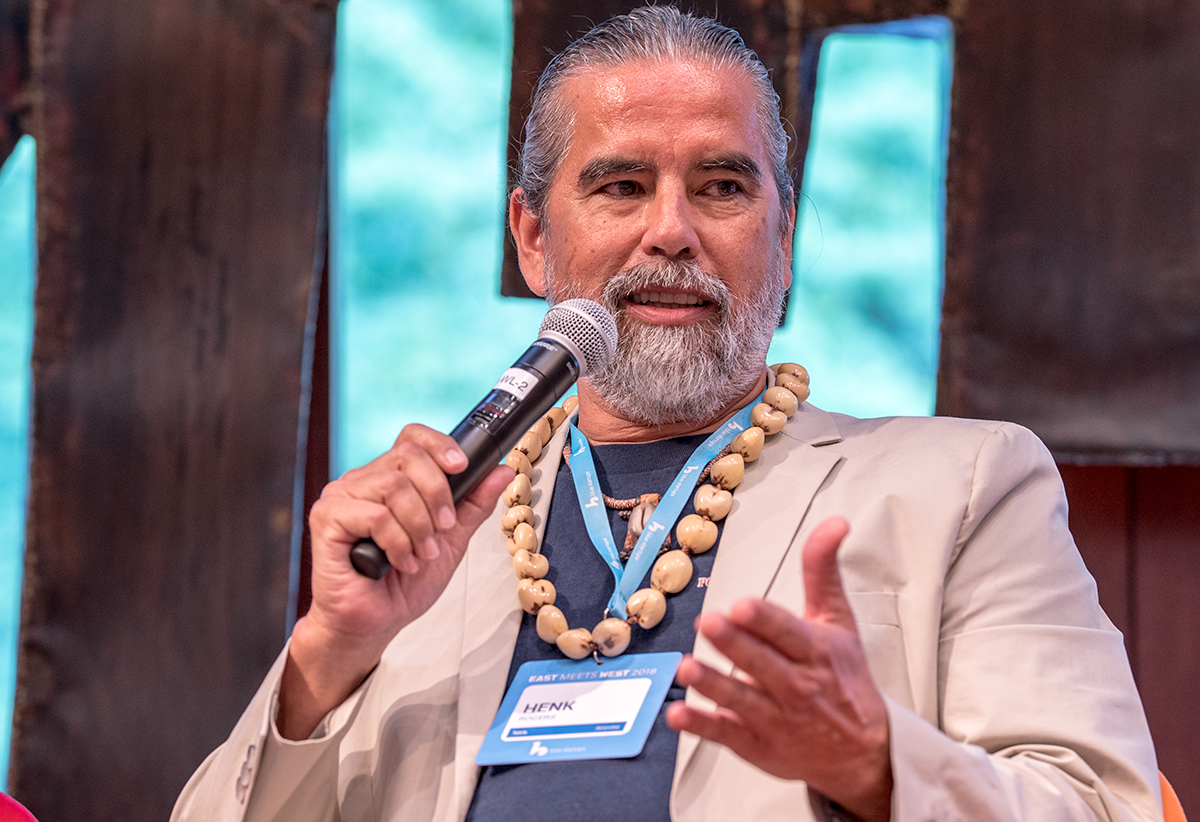By Tiffany Hill
Our climate is changing, and that change is happening fast. According to a report by the Hawaii Climate Change Mitigation and Adaptation Commission, by 2100, sea levels could rise by more than three feet per year. But recent projections show water levels might rise as early as 2060.1
While these are sobering statistics, state and city lawmakers are taking initiatives to combat the effects of global warming in the Islands.
In 2017, Hawaii became the first state to commit to the Paris Agreement standards2, which include sea level rise adaptation, water and agricultural security and natural resource conservation. (California, Washington and New York are also upholding the climate agreement.) Hawaii has also set one of the nation’s most aggressive renewable energy directives: 100 percent by 2045 as well as also being carbon neutral by that same year.3
“We are showing the rest of the country and the rest of the world that we have the will and resources to become sustainable,” says Henk Brouwer Rogers, the founder of Blue Startups, the Honolulu-based venture accelerator and Blue Planet Foundation. “With Hawaii’s abundance of natural resources and renewable energy options, we are in a position of initiative. Our leadership has already helped California and a number of other states realize their renewable energy potential.”

Henk Rogers, founder of Blue Startups and Blue Planet Energy speaking at East Meets West 2018
Hawaii has been one of the leading states to respond to the scientific community’s assertion that human-made carbon emissions significantly contribute to damaging the world’s climate. The state’s mandates for renewable energy and its other environmental initiatives, such as the ban of sunscreens harmful to corals and the push to pass a carbon tax are positive efforts to protect the Islands’ unique ecosystem. It has good reason to alter the effects — Hawaii is the most fossil fuel dependent state in the nation. It is also one of the most ecologically diverse.
These measures will not only help the environment, but help boost Hawaii’s economy, says Daniel Barrett, the network general manager of Volta Charging, which installs electric vehicle charging stations. Barrett is also a speaker at East Meets West.
“Hawaii’s renewable energy goals benefit the island economy by keeping more money in local resident pockets and by keeping more dollars and jobs here on the islands. Our cost of living is high, in part because everyone wants to live here and in part because of expensive inputs that we have to bring from the mainland … As more people shift to renewably generated electricity and electric cars, all the money that families, businesses, and schools are spending that ends up going to overseas gas and oil companies will stay here instead.”
Rogers and Barrett say there are immediate steps companies can take to make their business practices and daily operations more eco-friendly. “There are numerous ways to get creative with your operations structure that can make your business more sustainable,” says Rogers. For example, he says business owners can conduct an energy audit to see where they are using electricity unnecessarily and hire a sustainability consultant. Managers can also establish work-from-home policies.
For businesses with a parking lot, Barrett says to consider installing an electric vehicle charging station. “One free electric vehicle charging station in Hawaii powers over 35,000 free electric miles per year as customers drive to and from the business,” he says. He adds that Volta sees higher usage per station in Hawaii than any other state in the country, including California.
— — — —
For more information on sustainability, Hawaii’s efforts to combat climate and much more, attend this year’s East Meets West event from January 31 to February 1. More than 30 people speak at East Meets West, including venture capitalists, startup co-founders and CEOs of accelerators, photo editing apps, email delivery platforms, vacation booking sites and more. They hail from Hawaii, the U.S., China, Taiwan, Japan, Korea, Singapore and New Zealand and many do cross-border business.
URLs
1https://climateadaptation.hawaii.gov/wp-content/uploads/2018/01/SLR-Report_-January-2018.pdf
2http://www.hawaiicleanenergyinitiative.org/
3http://climateadaptation.hawaii.gov/
Source: https://medium.com/@BlueStartups/sustainability-hawaii-leads-the-way-8dcc5cc62b80

